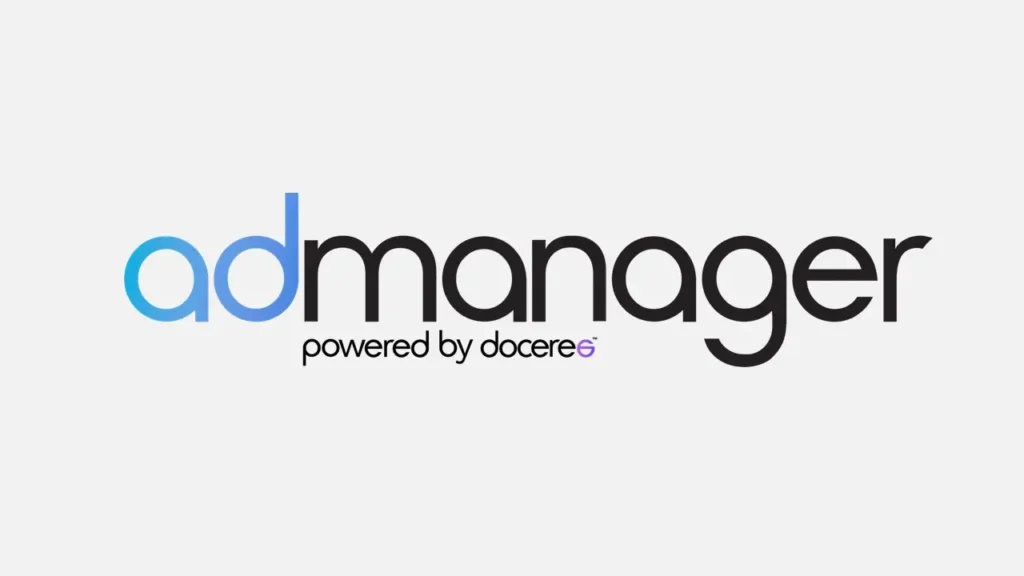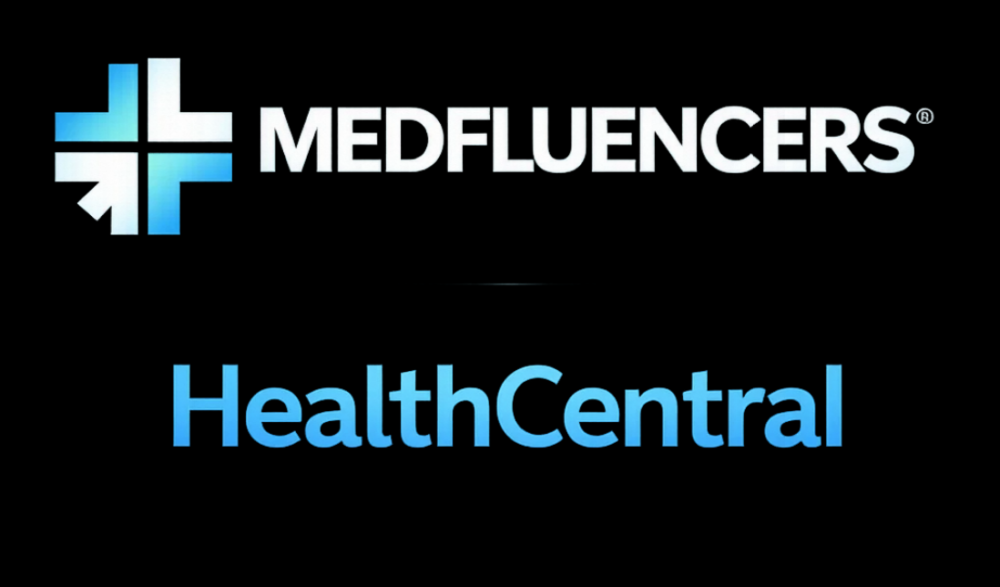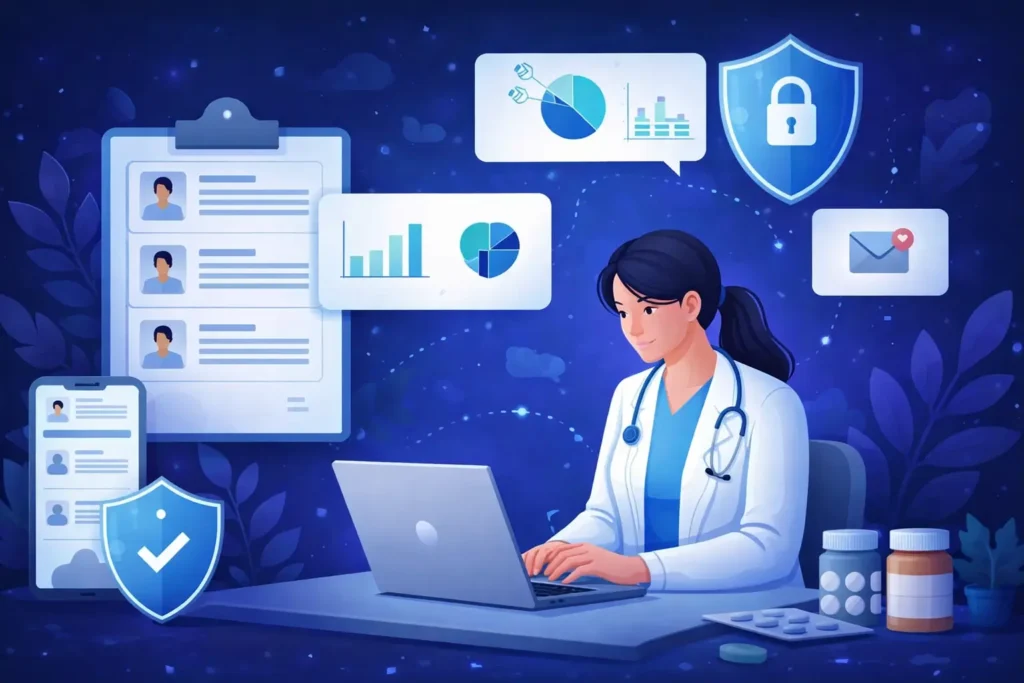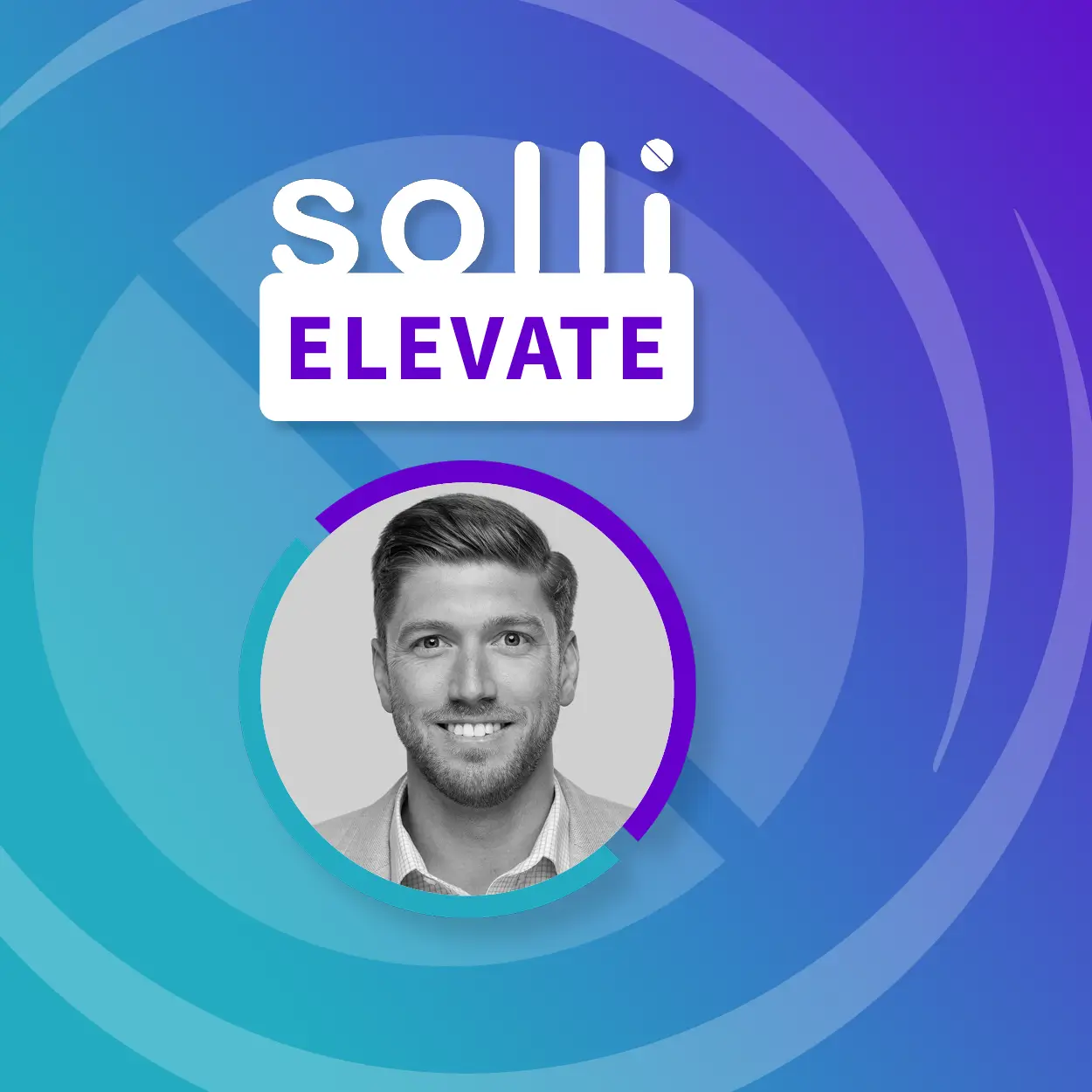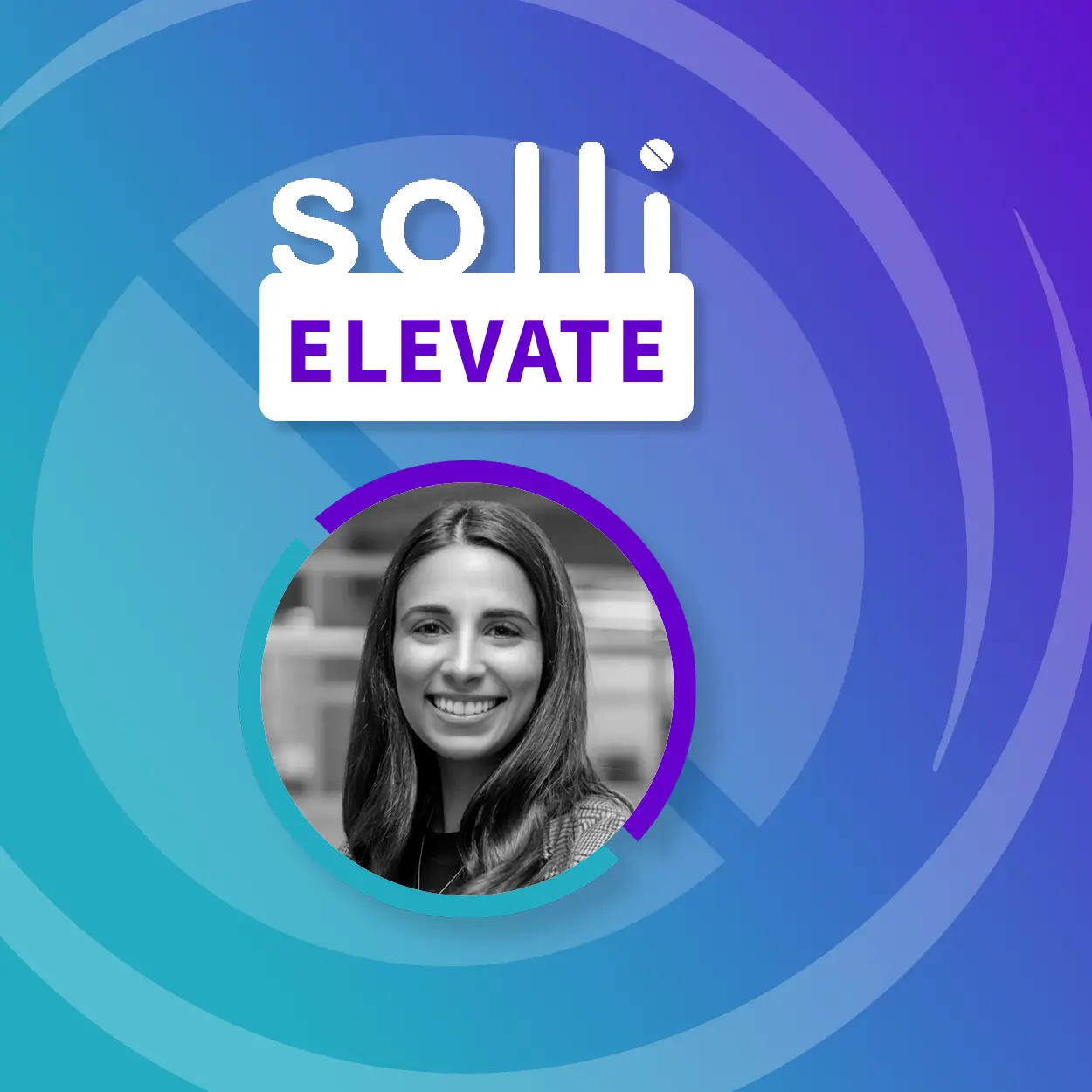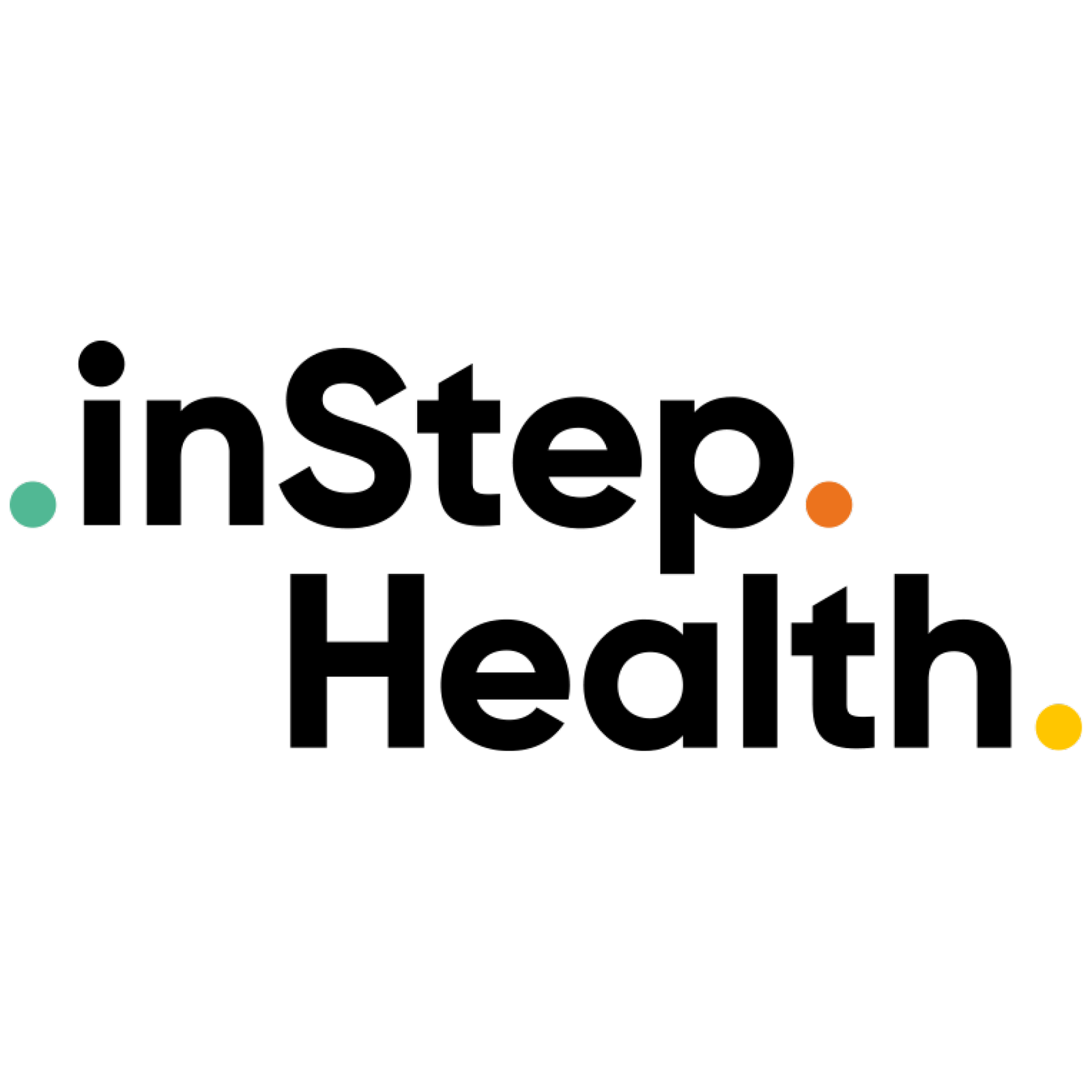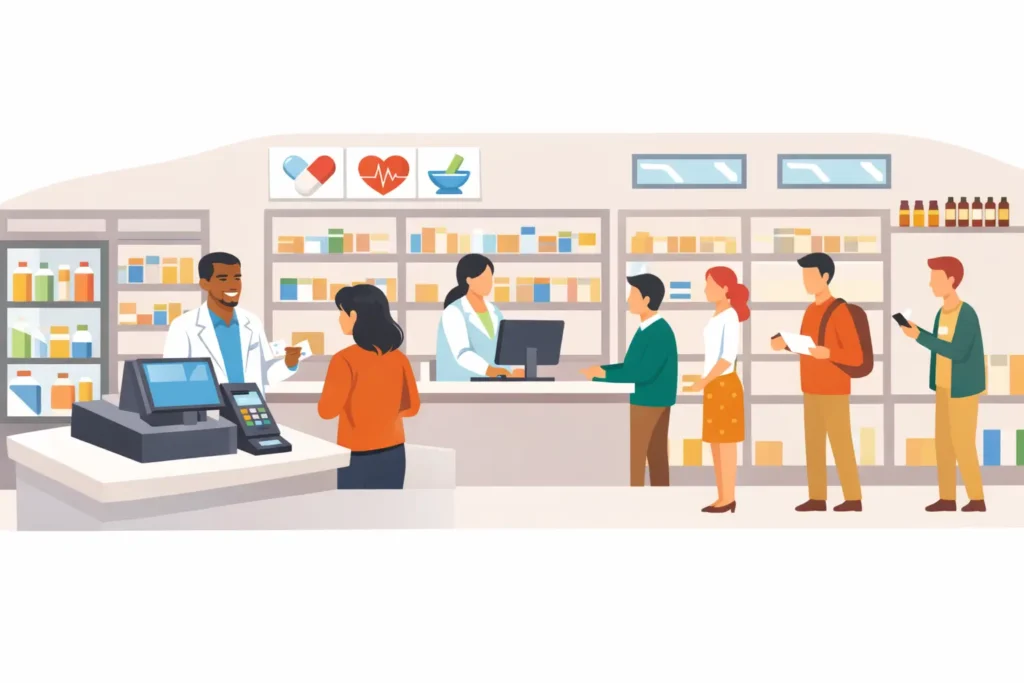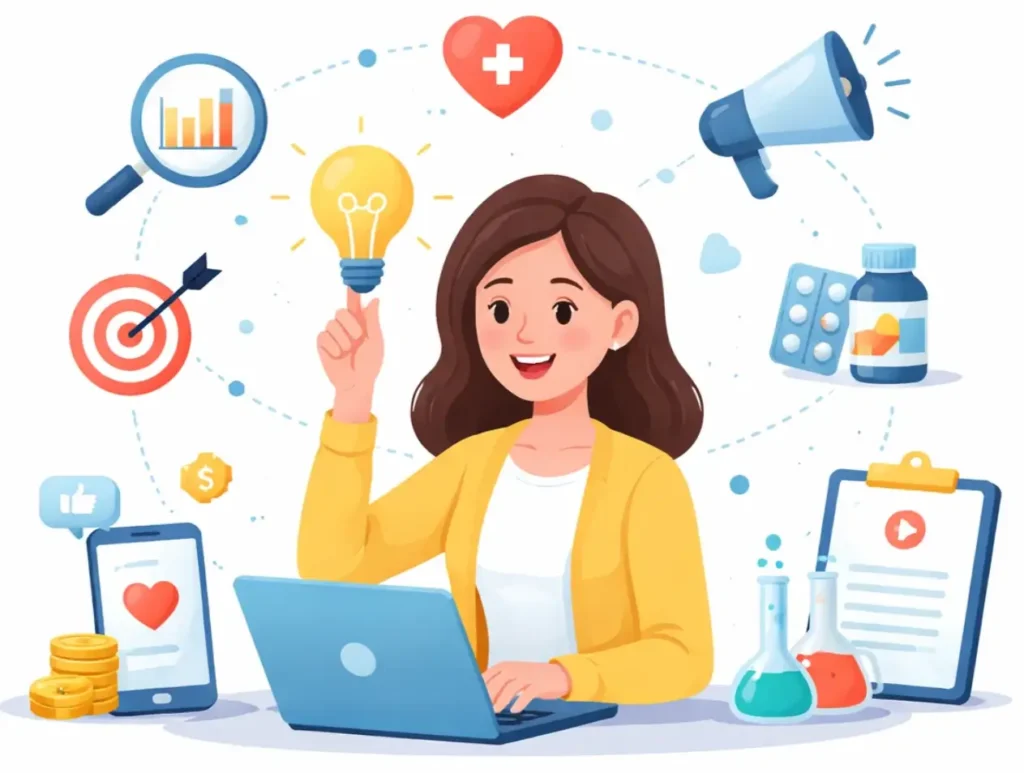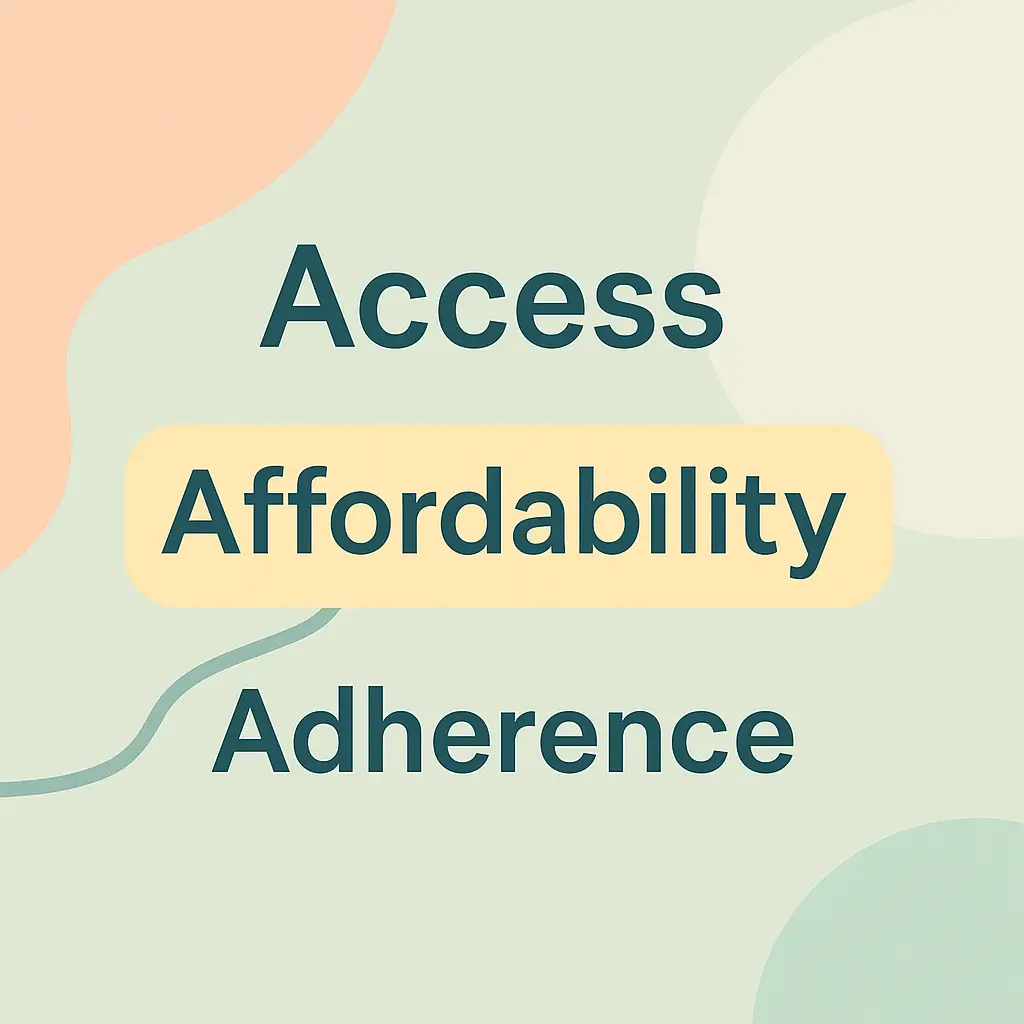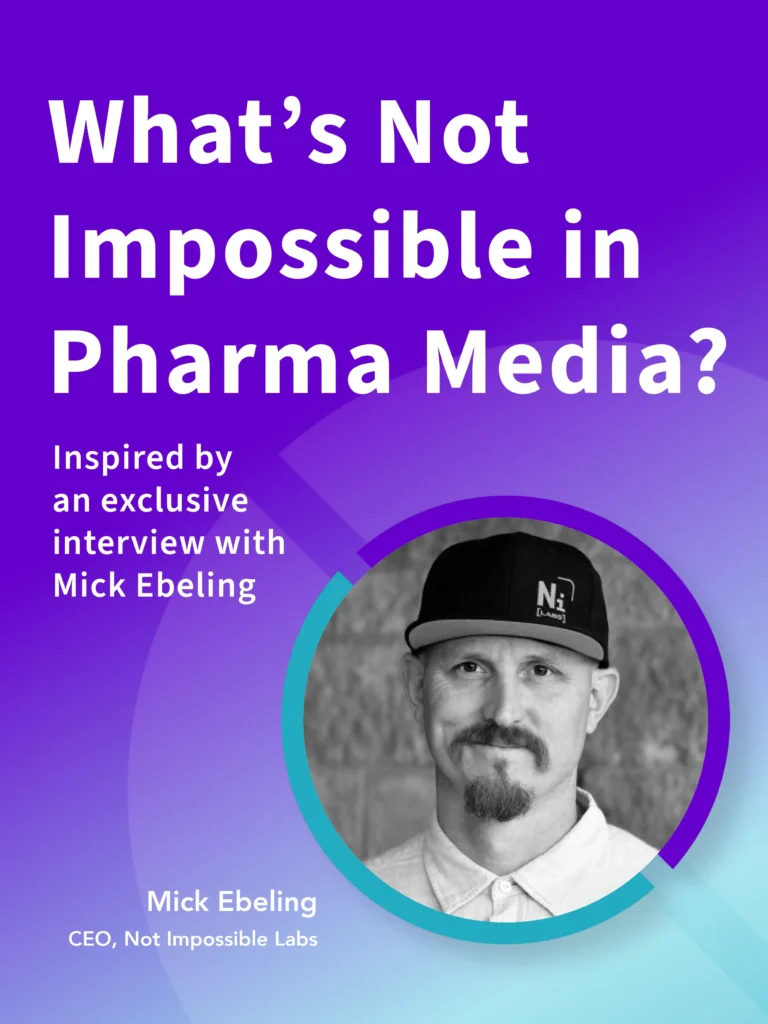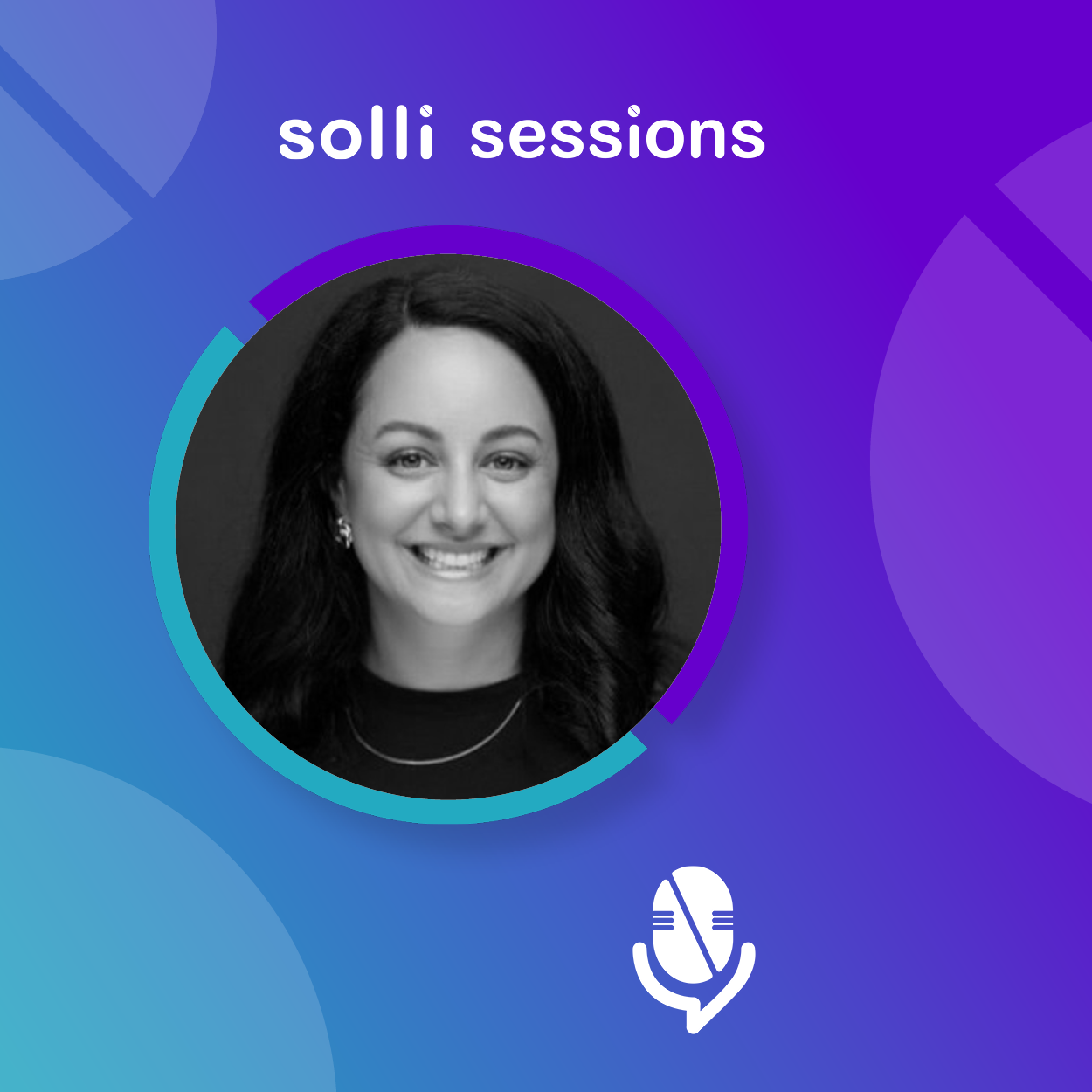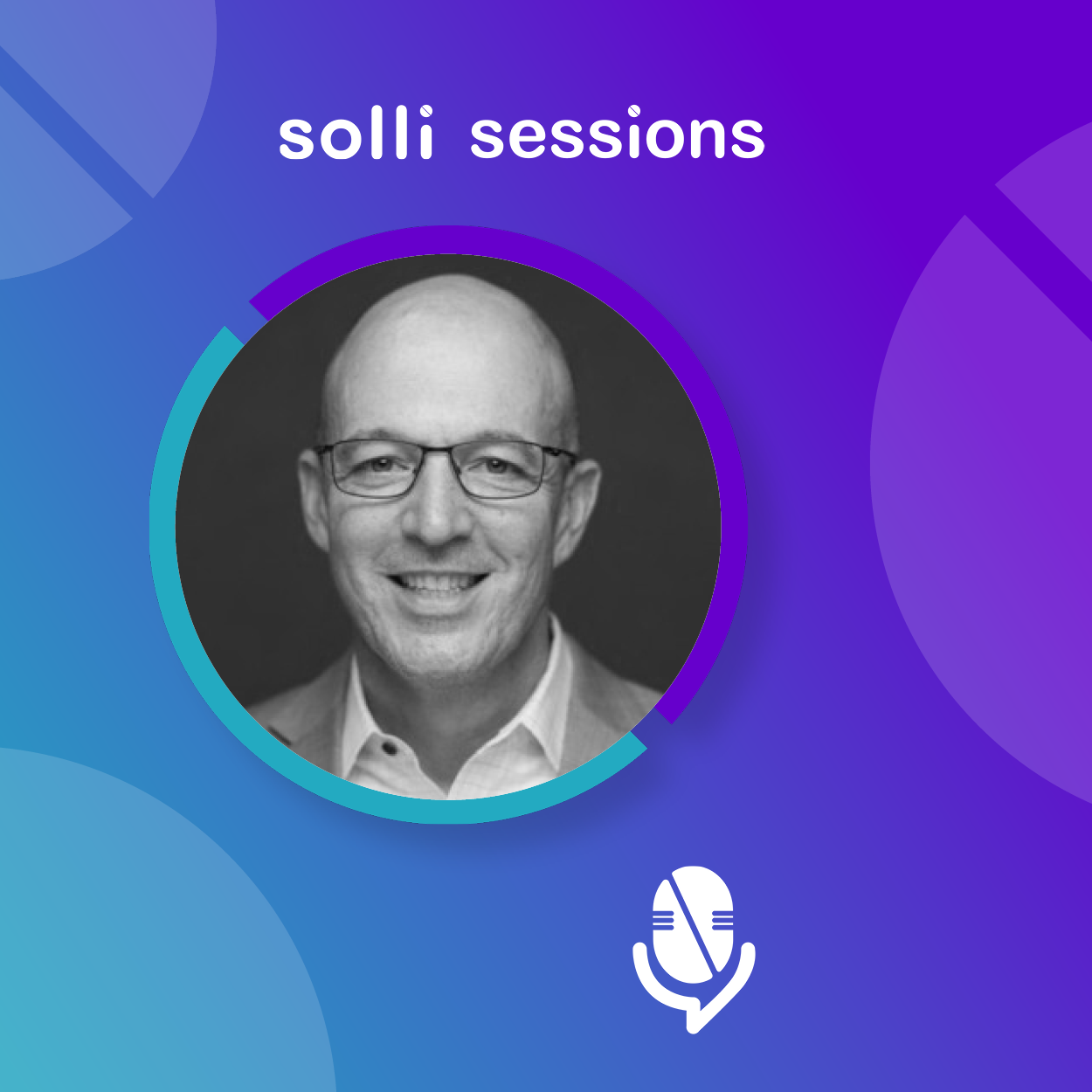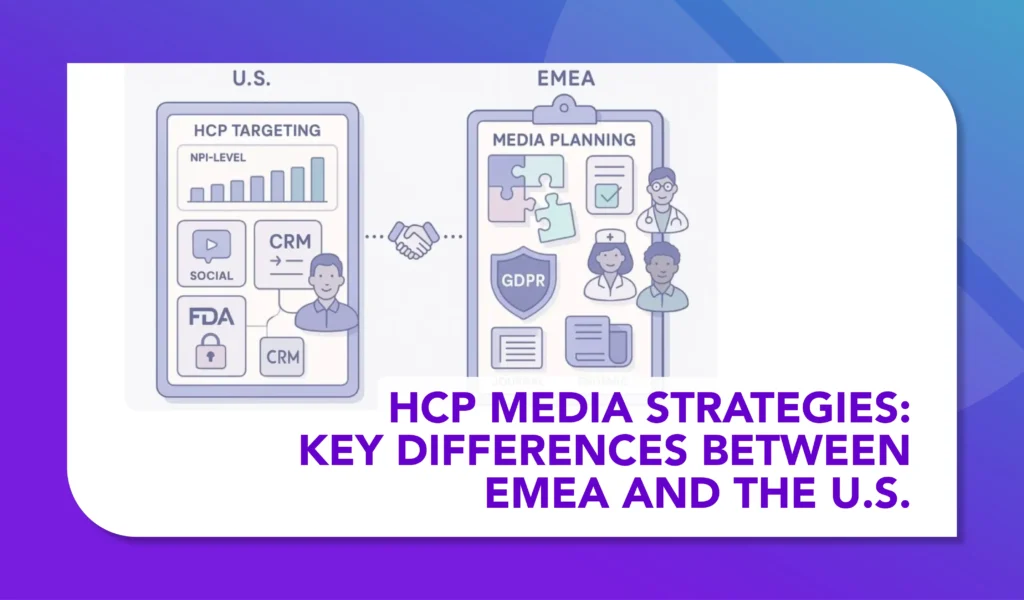What Happens When Patient Influencers Share Their Story?
The Impact of Patient-to-Patient Interactions Online

By Liz Green, LCSW Director, Community Development, Health Union
This month, an average of 5,500 people will share their health story in one of Health Union’s 53+ online communities in discussion forums and comment sections. And as you read this, one of our Health Leaders—lived experience experts—just might be working on their next article about living with a chronic condition. What do these actions have in common? They are moments centered around sharing stories.
Our Health Leaders are our greatest storytellers. They are the writers and moderators for Health Union who truly bring our communities to life. (Because we know those who know a health condition best are those who are living with it.) Our patient and caregiver contributors are also part of our greater network of 100,000+ Social Health Network members—health advocates, influencers, and content creators who tell powerful stories every day.
Why do we feel better when we tell our story?
Stories don’t just help us understand what others go through—telling them helps us understand ourselves. When we piece together the events of our past, we can better chart the path forward.
As a community manager for Health Union, I get to see this in action all the time. And in fact, storytelling has been at the heart of my entire career. I previously was a theater artist, where I learned how to shine light on the moments in a story that an audience can relate to—illuminating what makes us human. Now, as a therapist, I...
Sign up for full access – it’s 100% free!
Create your FREE account to continue reading and explore more expert insights on Pharma Media.
✅ Free. Fast. No commitment.

